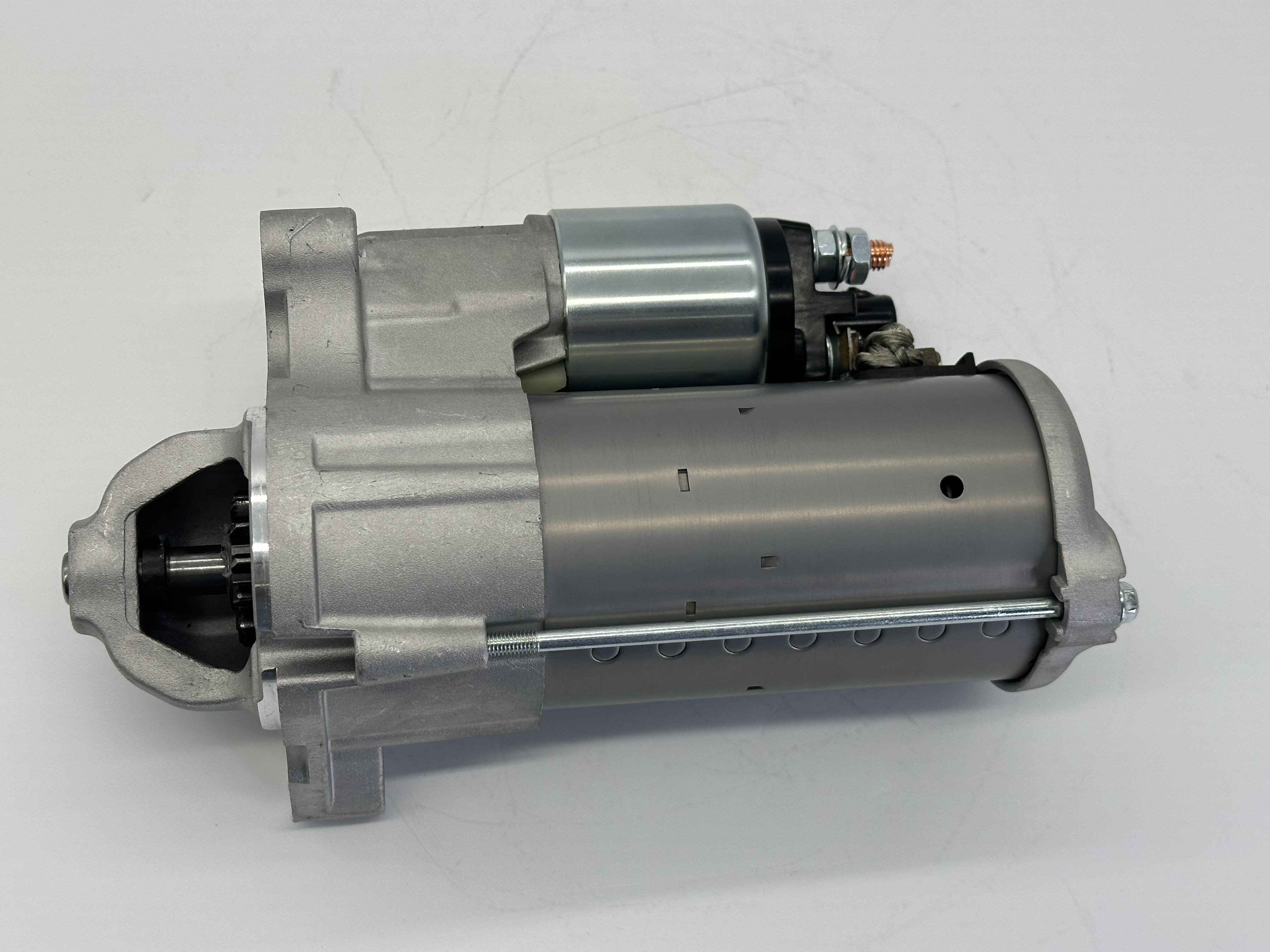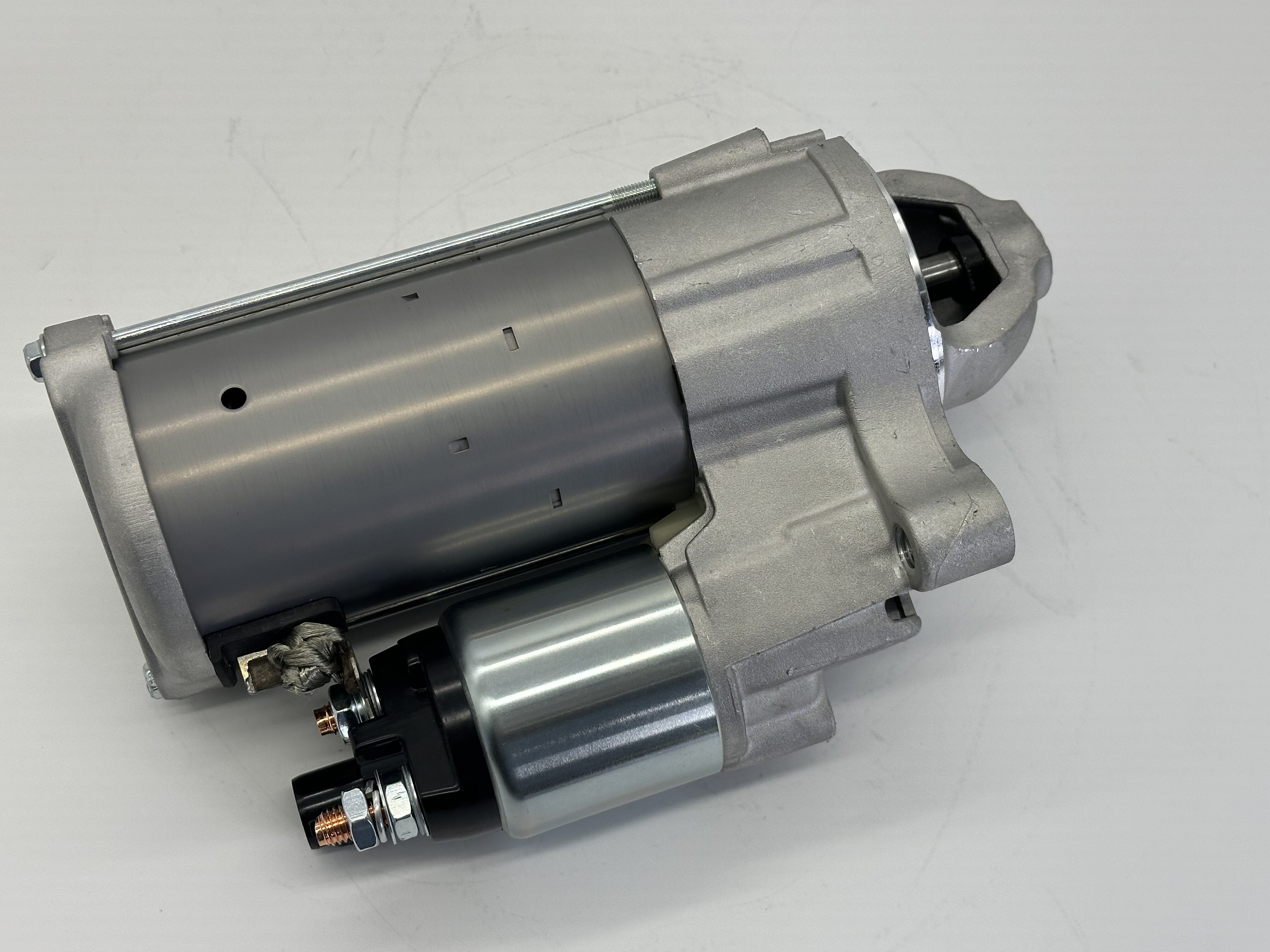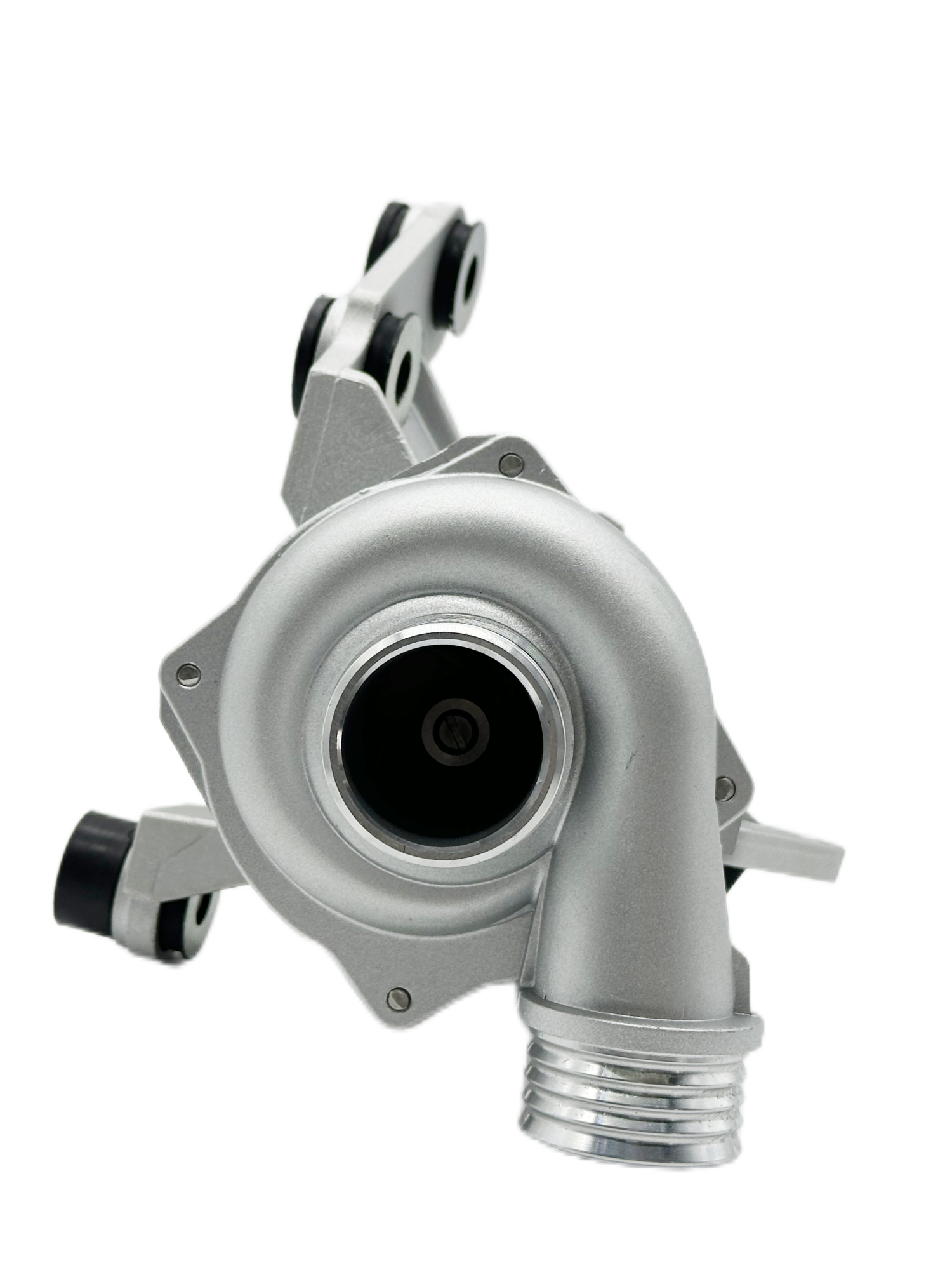car oil sensor manufacturers
Car oil sensor manufacturers play a crucial role in automotive engineering by producing sophisticated devices that monitor and maintain engine health. These manufacturers develop sensors that continuously track oil pressure, temperature, and quality, ensuring optimal engine performance and longevity. Their products utilize advanced microprocessor technology and precision engineering to provide real-time data about oil conditions. Modern oil sensors incorporate features such as electromagnetic field measurement, capacitive sensing, and thermal conductivity analysis to deliver accurate readings. These manufacturers invest heavily in research and development to create sensors that can withstand extreme temperatures, vibrations, and harsh operating conditions. They produce various types of sensors, including pressure sensors, level sensors, and quality sensors, each designed to meet specific requirements of different vehicle models. The manufacturing process involves rigorous quality control measures and compliance with international automotive standards. These sensors are essential components in modern vehicles, helping prevent engine damage by alerting drivers to potential issues before they become serious problems. The industry continues to evolve with technological advancements, focusing on developing more precise, durable, and cost-effective solutions for both OEM and aftermarket applications.


